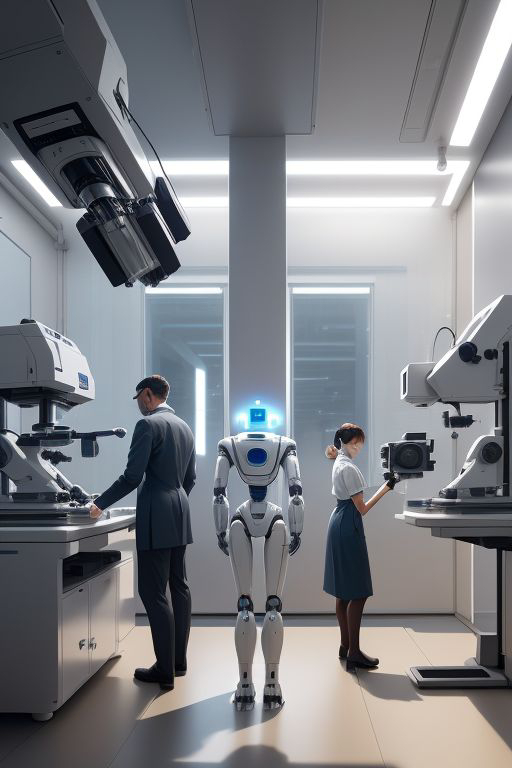Among its numerous applications, one of the most promising is AI potential to transform healthcare access and affordability. In this piece, we'll explore how hospitals can use AI to pave the way for a more accessible and cost-effective healthcare system.
Let's fly !
1. Predictive Analytics for Resource Allocation
AI-powered predictive analytics can assist hospitals in efficiently allocating resources. By analyzing historical data and current trends, AI can forecast patient admission rates, disease outbreaks, and resource requirements. This proactive approach ensures that hospitals are adequately staffed and equipped to cater to the needs of their communities, reducing the strain on emergency services.
2. Personalized Treatment Plans
AI can facilitate personalized treatment plans, enhancing access to effective healthcare. By analyzing patient data and genetic information, AI algorithms can recommend tailored treatment options. This approach not only improves outcomes but also reduces the need for trial-and-error treatments, ultimately lowering healthcare costs.
3.Telemedicine and Virtual Health Assistants
One of the most prominent ways hospitals can utilize AI is through telemedicine and virtual health assistants. These AI-driven platforms enable patients to consult with healthcare professionals remotely, eliminating the constraints of geographical distances and long waiting times. Patients can access medical advice and follow-up care from the comfort of their homes, bridging the gap between them and quality healthcare.
4.Administrative Efficiency
The administrative burden on hospitals can be significantly reduced through AI-driven automation. Tasks such as appointment scheduling, billing, and medical record management can be streamlined with AI-powered systems. This reduction in administrative overhead translates to cost savings that can be passed on to patients.
5.Early Disease Detection / Preventive care
AI algorithms are adept at detecting diseases at early stages by analyzing medical images, such as X-rays and MRIs. Early detection not only improves patient outcomes but also lowers the cost of treatment. When diseases are identified in their nascent stages, the treatment required is often less invasive and less expensive.
The integration of AI into healthcare is not a mere technological advancement; it's a societal imperative. By harnessing AI's potential, we can bridge the gaps in healthcare access and affordability, ensuring that quality healthcare becomes a fundamental right for all, regardless of their circumstances. This journey is not without its challenges, but the destination is a healthier, more equitable world.
- Abraham Ikongshul
The end.






Comments
Post a Comment